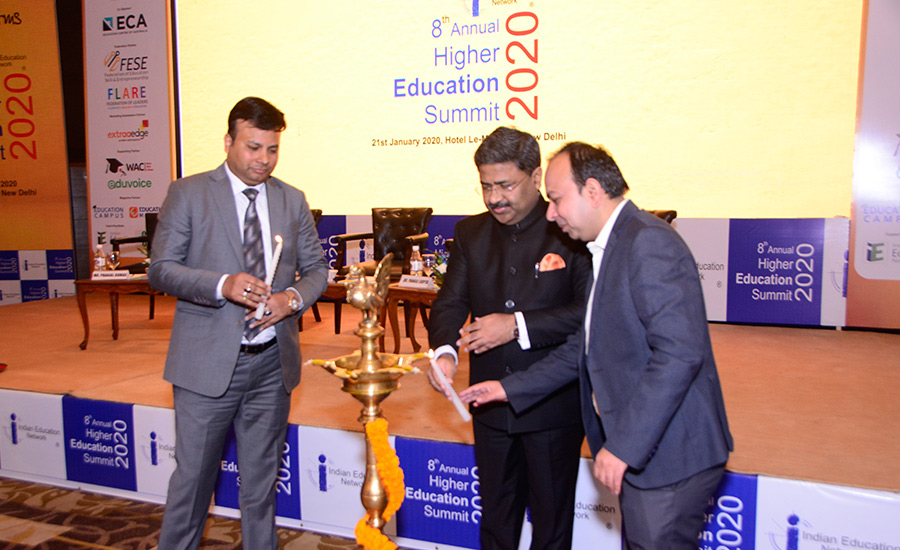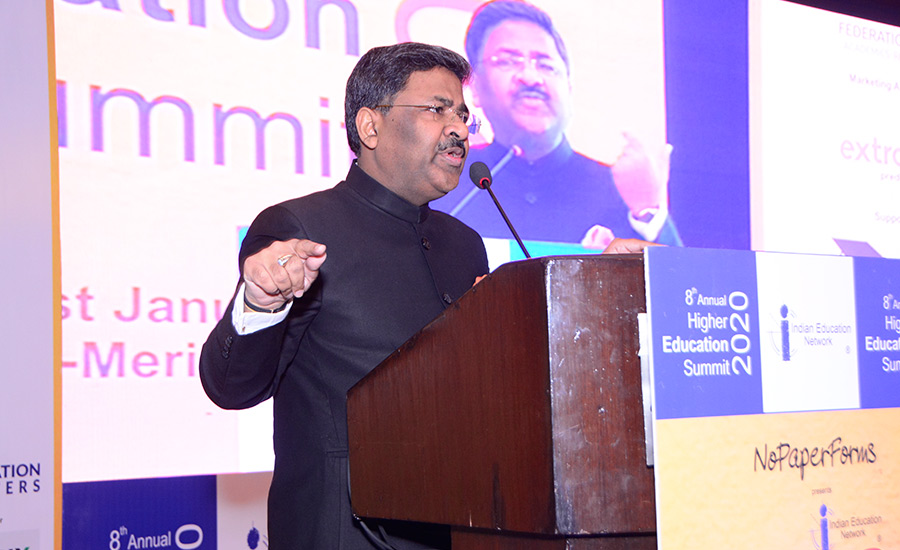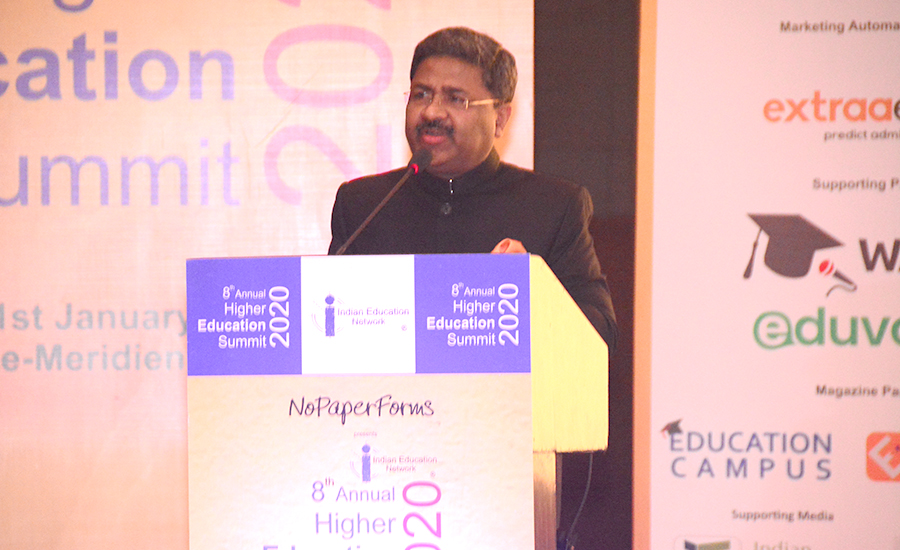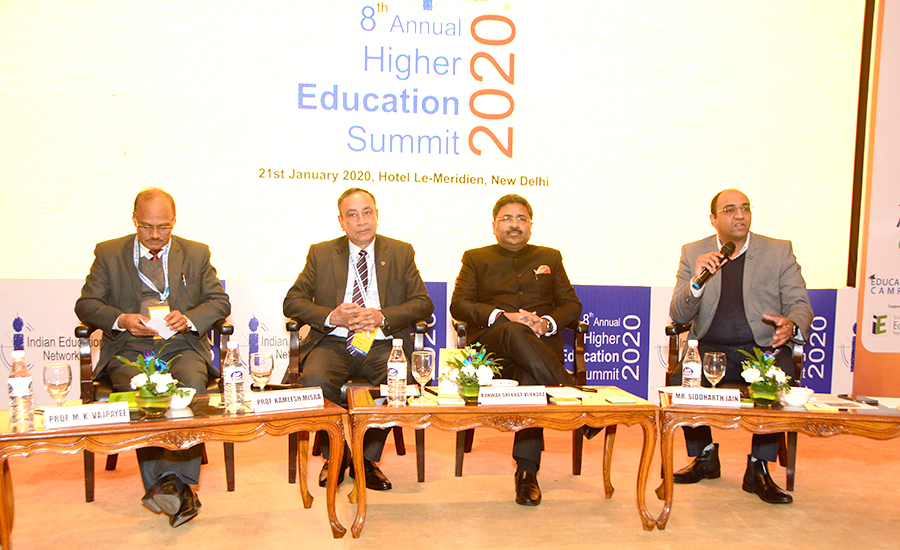
The need for reforms in Indian education sector has been a recurring theme in Indian policy circles. There is a lack of clarity with regards to the implementation of new education policy. This is because there is insufficient analyses of past polices, their objectives and failures in implementation of those objectives. For instance, even today most recommendations of the Kothari Commission (1964-66) stand valid. This mandates a review of past polices to identify the policy prescriptions in those polices which are relevant even today. Further, reasons for the failure in their implementation need to be identified and the new policy must spell out a clear time bound roadmap for their implementation.
The role of institutions of higher education in societal development is also becoming increasing significant. There is a need to go beyond the strictly utilitarian vision and the human capital approach that characterize much of the international discourse and that narrow the policy focus to the role of education in socio-economic development. An integrated approach to education that gives equal importance to the economic, social, cultural and civic dimensions of learning as reflected in the four pillars of learning to know, to do, to be and to live together is required to be adopted.
Addressed the Inaugural Session during ‘8th Higher Education Summit 2020’ organised by Indian Education Network in New Delhi. (21.01.2020)




